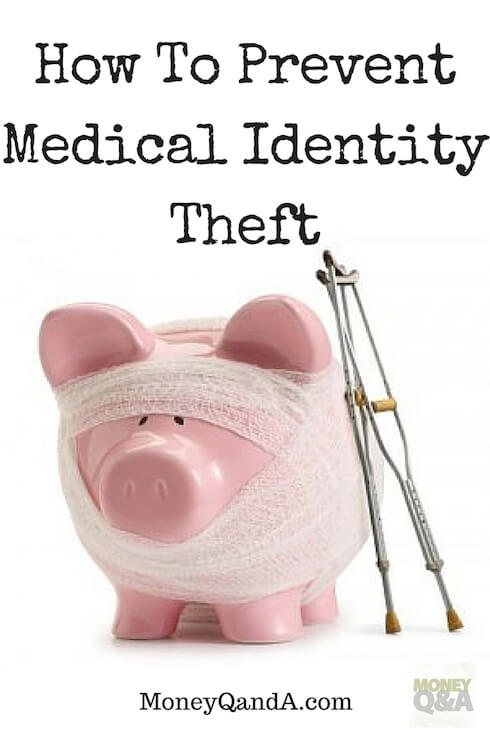
It can happen out of the blue. You get a bill for health services that you never obtained, or maybe you file an insurance claim and your insurer tells you that you have reached your benefit limit. Identity theft can also be found in the medical and healthcare sectors.
It is not just limited to your financial data. In this case, identity thieves confiscate people’s health insurance and personal details so they can obtain certain types of treatment, procure prescription drugs and receive medical care.
How to Spot Medical Identity Theft
Unfortunately, there are even people working in the medical field that are using patients’ information in order to submit bogus claims to insurance firms. Not only can your budget be affected by medical identity theft, but your health could ultimately suffer as well.
Besides the previous examples, medical identity thieves also can affect victims in the following ways such as…
- You receive a statement for health services for which you don’t owe payment;
- You notice medical collection notations on your credit report that are unrelated to you
- You cannot obtain health insurance coverage because your medical records show you have an illness or condition that has never been diagnosed.
Medical identity theft can affect your pocketbook and the kind of care you obtain profoundly too. For example, each time a thief uses your personal information to obtain medical care or drugs, a record is established that, in turn, can be misinterpreted as your medical information.
These databases are the same ones that insurance companies also use to help them establish your health insurance and life insurance premiums. The report could reveal:
- A false history of alcohol abuse;
- The wrong test results;
- An inaccurate diagnosis of a condition or illness; or
- The wrong blood type.
How to Prevent Medical Identity Theft
To minimize your risk of having your healthcare information stolen, make sure you:
- Do not give out any personal or health information over the phone unless you are absolutely sure to whom you are speaking.
- Do not give your insurance plan ID number to any healthcare providers who ask for the number in return for complementary medical products or services.
- Make sure you safeguard any health or medical information online electronically or in your desk.
- Be especially wary when you go online and access health records or insurance information. Ask salient questions if someone asks for your information with regards to your insurance data or health records or asks for your social security number.
- Ensure that any medical website you are on is identified with “https” in the URL, where s stands for secure.
- Be careful about submitting personal health information in an email. Emails typically do not have security features built in to protect this type of data.
It is important to keep good financial records and organize your health and insurance information so you can spot any possible problems as soon as possible. Make certain that the medical care you received matches up properly with the medical insurance claims you have filed.
Also, you should take note of your credit reports. They can help to alert you to any improprieties with respect to medical identity theft and identity fraud as well. If you suspect you are a victim, make a request to receive a copy of your health records. You have the right to obtain copies of any health care records that are covered by health insurance plans administered under the law.
If you do make a request, the healthcare provider generally has a month to turn over the information. Medical records must be obtained at each healthcare facility where you have received treatment.
Take care of your financial and health information so you can remain healthy as well as prosperous. Identity theft can also be found in the medical and healthcare sectors. It is not just a problem with your financial life. But, taking proactive steps to care and safeguard your information can help prevent identity theft.

